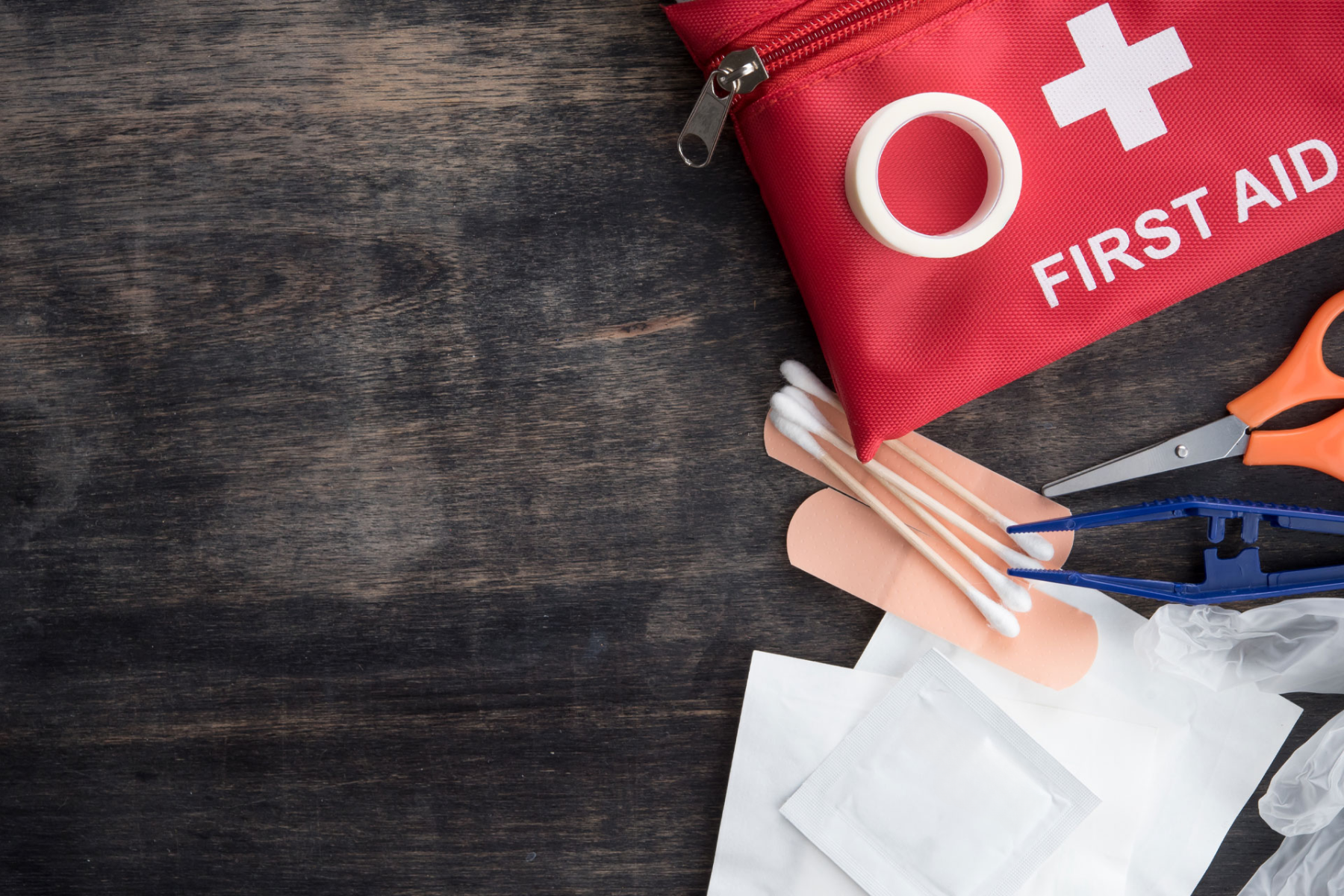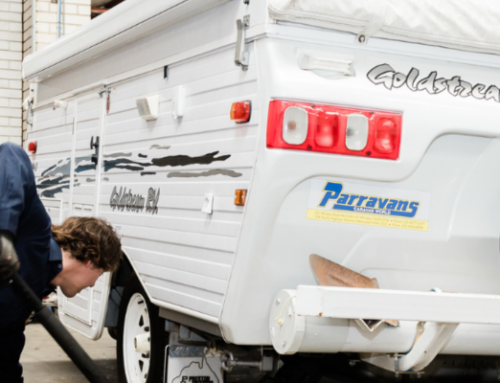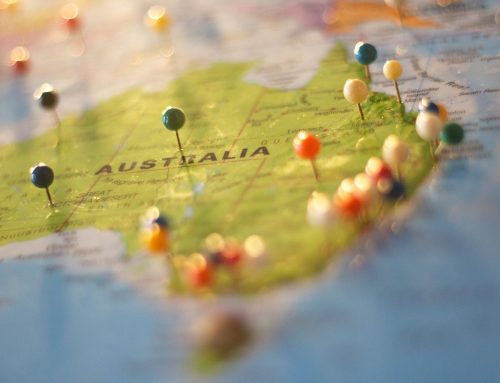Remote area caravanning can be a great way to explore the beauty and vastness of Australia.
However, whether you are a brand new caravanner or an experienced traveler, it is essential to take
extra precautions to ensure your safety.
Access to Help
When travelling in remote areas, it is important to have a plan for getting help in case of an
emergency. Before you set out on your trip, research the area and determine the best ways to
communicate and access help. This may include carrying a satellite phone or two-way radio to
communicate with emergency services and carrying a Personal Location Beacon (PLB) to alert rescue
teams to your location in the event of an emergency.
It is also important to let someone know your travel plans, including your route, expected arrival
times, and contact information. This way, if you do not arrive at your destination as planned,
someone will know to alert emergency services.
First Aid
Having a well-stocked first aid kit and knowing how to use its contents is crucial for remote area
caravanning safety. Your first aid kit should include items such as bandages, antiseptic, pain
relievers, and emergency medication. Consider bringing additional supplies for any pre-existing
medical conditions. It is also important to know how to use your first aid kit in case of an emergency.
Consider taking a first aid course to learn basic first aid skills and how to use your specific kit.
In addition to basic first aid supplies, it is becoming increasingly common for remote area
caravanners to carry a defibrillator. A defibrillator can be a lifesaving device in the event of a cardiac
emergency. While they are not a replacement for CPR, they can help restore a regular heartbeat in
certain cases. Consider taking a training course on how to use a defibrillator and carrying one with
you on your remote area caravanning trips.
When it comes to first aid, it is crucial to have the skills and knowledge to handle emergencies in
remote areas. Consider taking a Remote Area First Aid Training Course (HLTAID013), which covers
first aid skills specific to remote areas, such as managing fractures, sprains, and dislocations, treating
heat stroke and dehydration, and performing CPR in remote settings. The course is designed to
provide participants with the skills and knowledge to assess and manage emergencies in remote
areas until medical help arrives.
Even if you have some experience with remote area caravanning and first aid, it is a good idea to
refresh your skills regularly and practice scenarios relevant to your trip. This way, you can feel
confident in your abilities and be better prepared to handle emergencies in remote areas.
Planning and Preparation
Before you set out on your remote area caravanning trip, it is important to plan and prepare
thoroughly. This may include researching the area, checking weather conditions, and packing
appropriate supplies. Consider bringing extra food, water, and fuel, as well as spare parts and tools
for your vehicle. Make sure your vehicle is in good working condition before you set out, and carry
out any necessary maintenance or repairs.
It is also important to plan your route carefully and be aware of any potential hazards along the way.
This may include steep or uneven terrain, river crossings, or extreme weather conditions. Make sure
you have the necessary skills and equipment to handle any challenges you may encounter.
If you are new to caravanning or have limited experience with remote area travel, consider taking a
caravan handling course. This will teach you the necessary skills for towing a caravan, including
reversing, maneuvering, and safe driving practices. You may also want to practice driving and setting
up your caravan before setting out on a long trip.
In conclusion, remote area caravanning can be a wonderful way to experience the beauty and
vastness of Australia. However, it is important to take extra precautions to ensure your safety,
especially when travelling in remote areas. This includes having a plan for accessing help, carrying a
well-stocked first aid kit and knowing how to use it, and planning and preparing thoroughly before
setting out on your trip. Whether you are a brand new caravanner or an experienced traveller,
taking the time to refresh your skills and knowledge can help you feel confident and be better
prepared to handle emergencies in remote areas. By following these tips, you can enjoy a safe and
unforgettable remote area caravanning adventure.
Author: Jayme Smith – Head of Training & Director – Excite Safety Training





